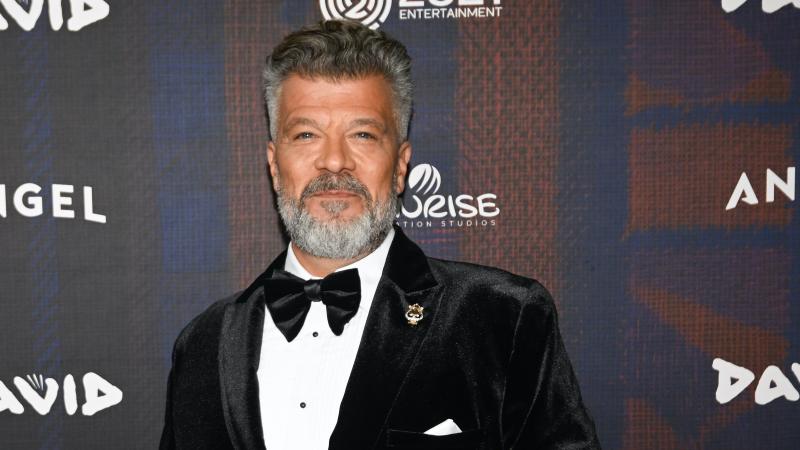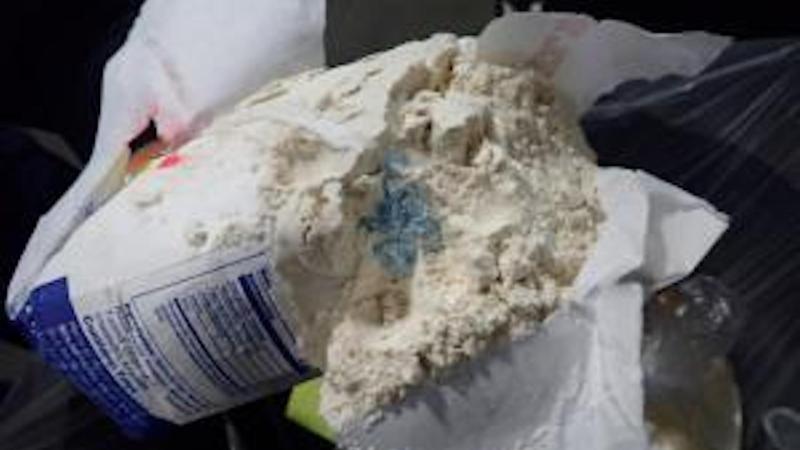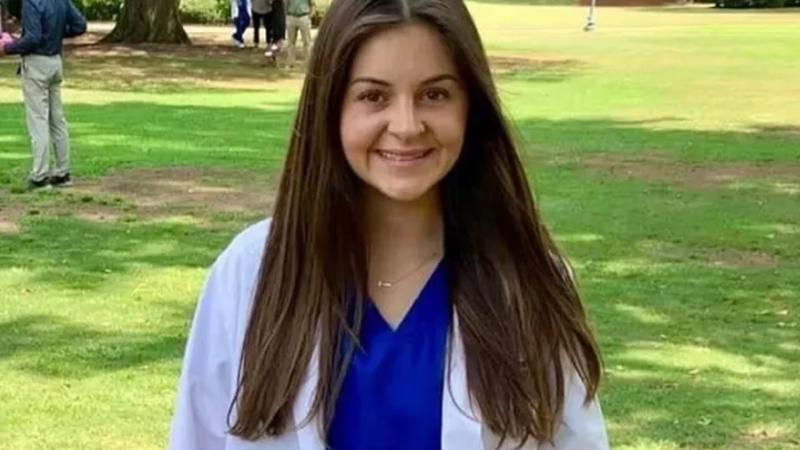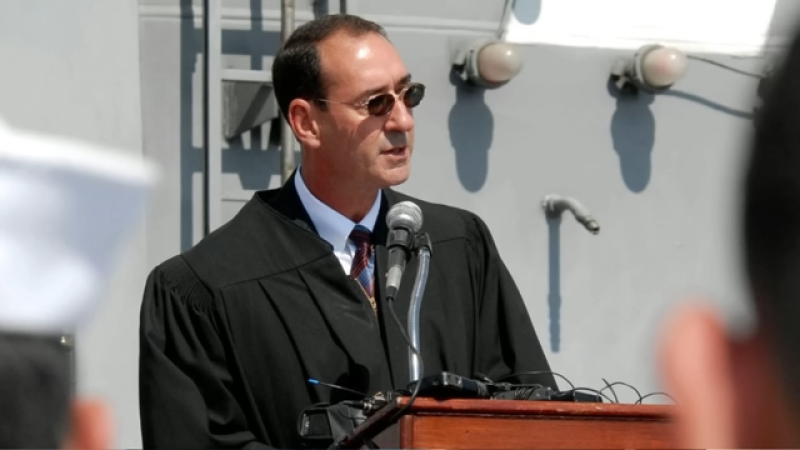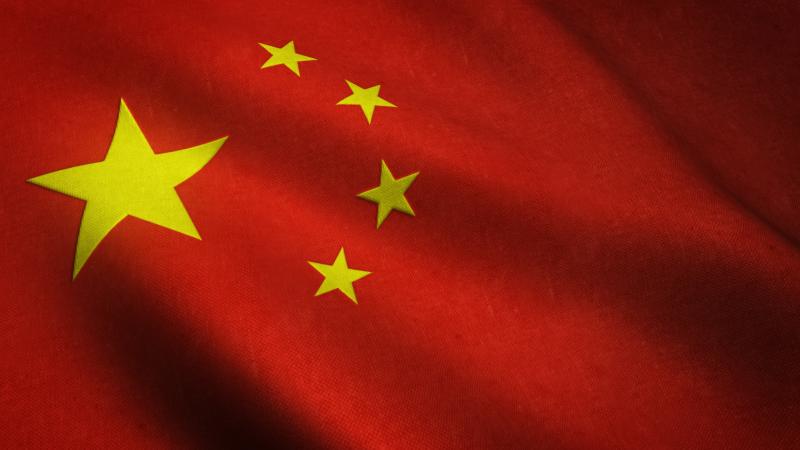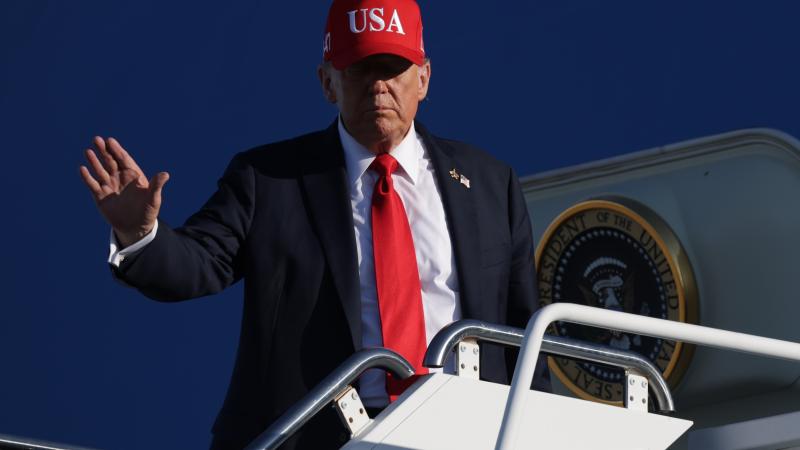SOCOM plan to increase diversity brings mixed reactions within the force
To some, the shift comes as welcome change; to others, it signals a weakened meritocracy.
A new program to incorporate "diversity and inclusion" into U.S. Special Operations Command has brought mixed reactions from the military community, with some asking whether the program will strengthen or weaken the elite force.
The program was announced earlier this year with a statement from the command's two top leaders, pledging social change. The leaders — the SOCOM commander, Gen. Richard D. Clarke; and the senior enlisted leader, Chief Master Sergeant Gregory Smith — signed the pledge in an introduction to the 2021 SOCOM strategic plan for social issues.
"We know that our force does not represent the diversity of our larger society — a fact that should give us pause," the two leaders wrote. "We have forms of bias that exist in our formation, making the journey of some of our teammates and family members a painful one."
The problem, the leaders wrote, was in the system itself.
"Our system creates barriers to accessing a broad range of talent, skills, and perspectives which we genuinely need on our team," they wrote. "These long-standing issues require change in our organizational norms, attitudes, and behaviors."
To some, the shift came as welcome change.
Systemic issues within Special Operations forces "require urgent attention," said Linda Robinson, an analyst for the RAND Corporation. "Primary among them, the need to expand diversity and inclusion," she told members of Congress last week, during a hearing before the House Armed Services Committee.
Active duty members of Special Operations units, however, told Just the News that the move toward institutionalized "inclusion" raises uncomfortable questions. They spoke to Just the News on condition of anonymity because they weren't authorized to talk to the news media.
"Is this going to weaken the meritocracy?" one soldier asked. "Right now, you have people in SOF who push themselves to the extreme in order to be the best of the best. Are we going to say now that the best is not good enough? That it has to include some other factor that has nothing to do with merit?"
The strategic plan from SOCOM seems to anticipate that view, and aims to counter it.
"Leaders at all echelons must work to challenge narratives that equate diversity with lowered standards and replace those with a narrative that diversity equates to maximized capability," the plan states. "Increased diversity leads to more efficient and more effective problem solving — one of SOF's most critical core competencies."
One Air Force special tactics team member is not concerned about the prospect of lowered standards.
"Standards will even out down range," the airman said. "That's a problem that if it comes up, it won't last long."
Others reacted to the new plan with sarcasm.
"Get rid of 'Special' in our name because it de-values conventional forces and makes them feel less appreciated," wrote one social media user.
"Apparently children and geriatric candidates are now eligible to join Special Operations," wrote yet another, who cited the new strategic plan's definition of diversity.
The definition notes: "SOF diversity includes, but is not limited to: race, ethnicity, gender, age, sexuality, philosophical and spiritual perspectives, language abilities, physical abilities, geographic and socioeconomic backgrounds, cultural knowledge, life experiences, educational background, and cognitive diversity."
The questions arise amid a SOCOM investigation into social media posts from the newly hired Chief Diversity and Inclusion Officer, who spread anti-Donald Trump memes, and who compared the former president to Nazi leader Adolf Hitler.
"We are aware of the situation, and the command has initiated an investigation," Special Operations Command spokesman Ken McGraw told Just the News.
The executive, Richard Torres-Estrada, recently was hired to be the first Chief Diversity and Inclusion Officer at the Tampa, Florida-based command.


